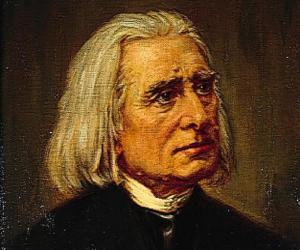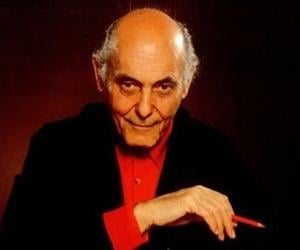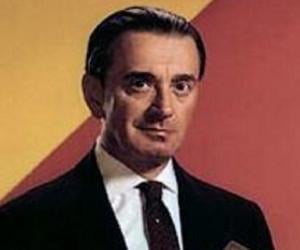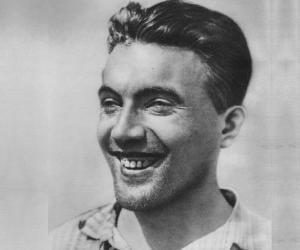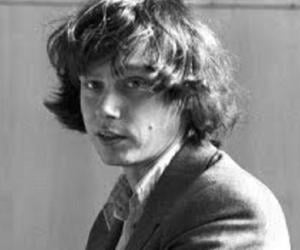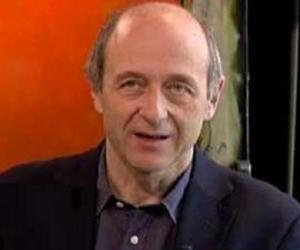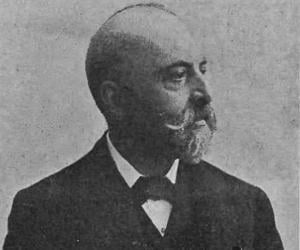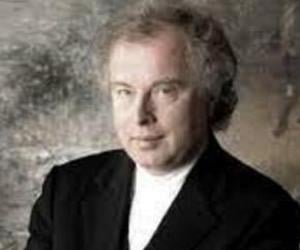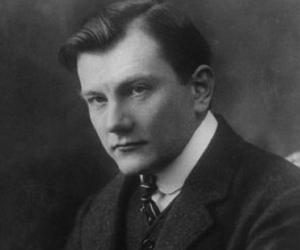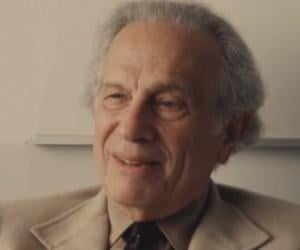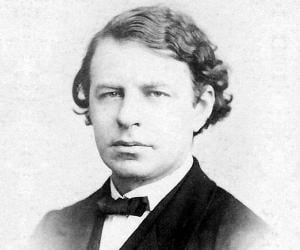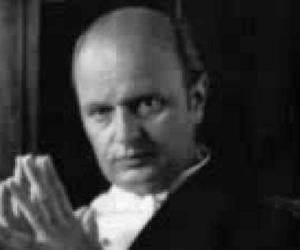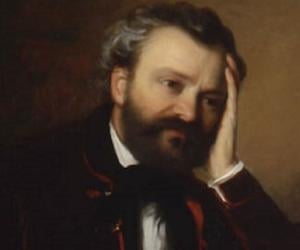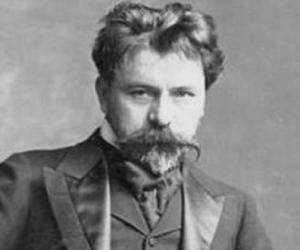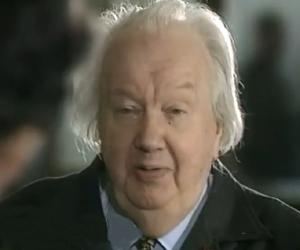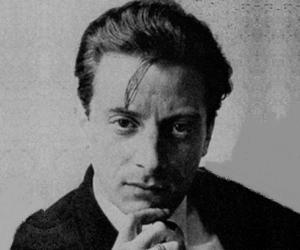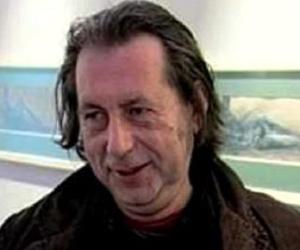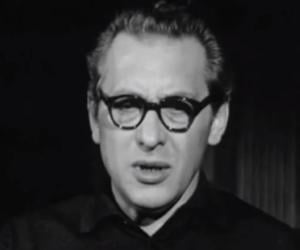1
Franz Liszt
(Composer, Pianist and Teacher of the Romantic Era)
Birthdate: October 22, 1811
Sun Sign: Libra
Birthplace: Raiding, Austria
Died: July 31, 1886
Franz Liszt was a Hungarian composer, virtuoso pianist, conductor, and teacher of the Romantic period. He achieved success as a concert pianist early on and was known for his technical brilliance and physical attractiveness. Liszt was a prominent figure in the New German School of composers and popularized the works of his contemporaries through transcriptions and paraphrases. He taught piano performance to many students and left behind a diverse body of work that influenced his peers and anticipated 20th-century trends, including experiments in atonality.
